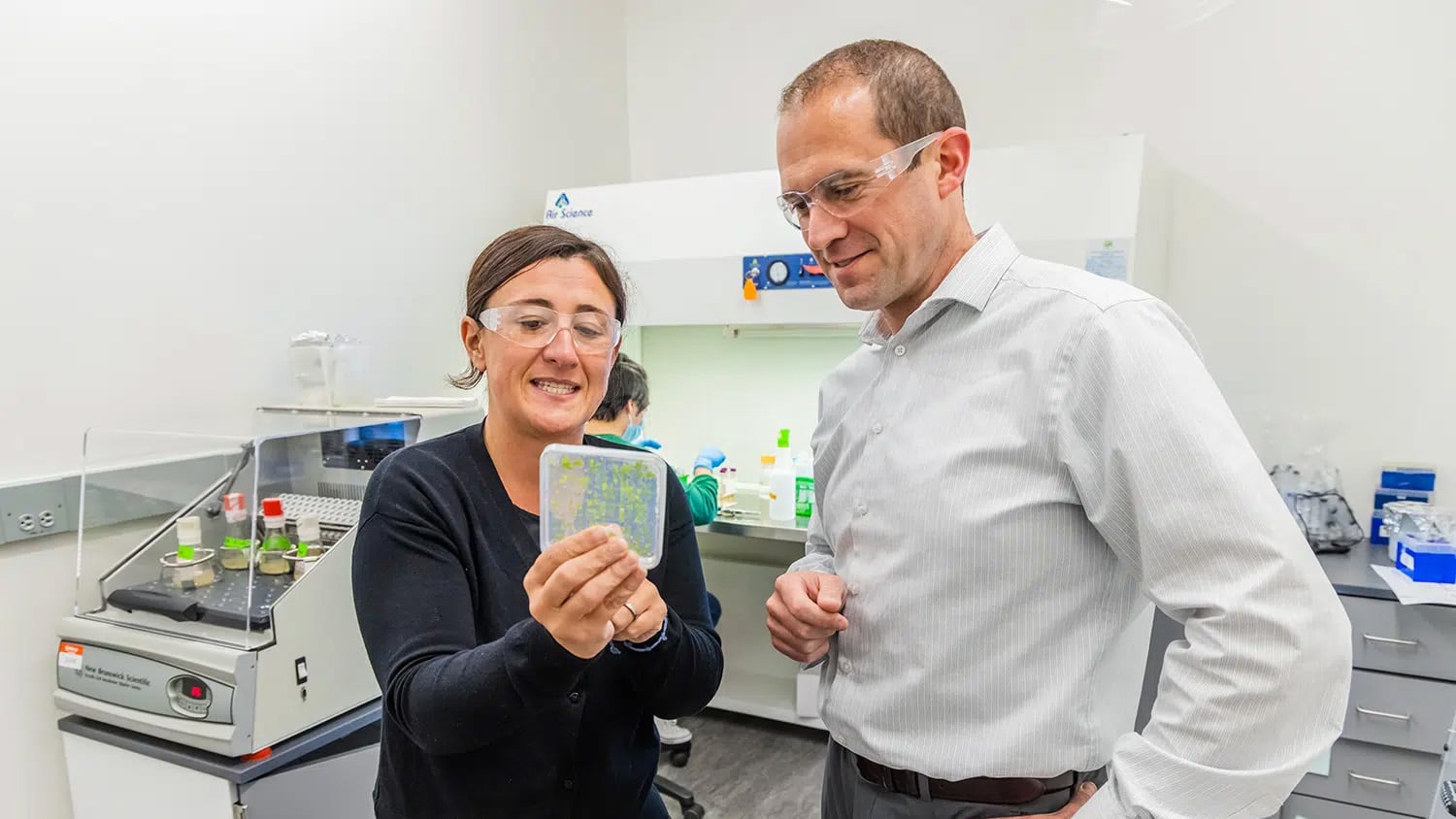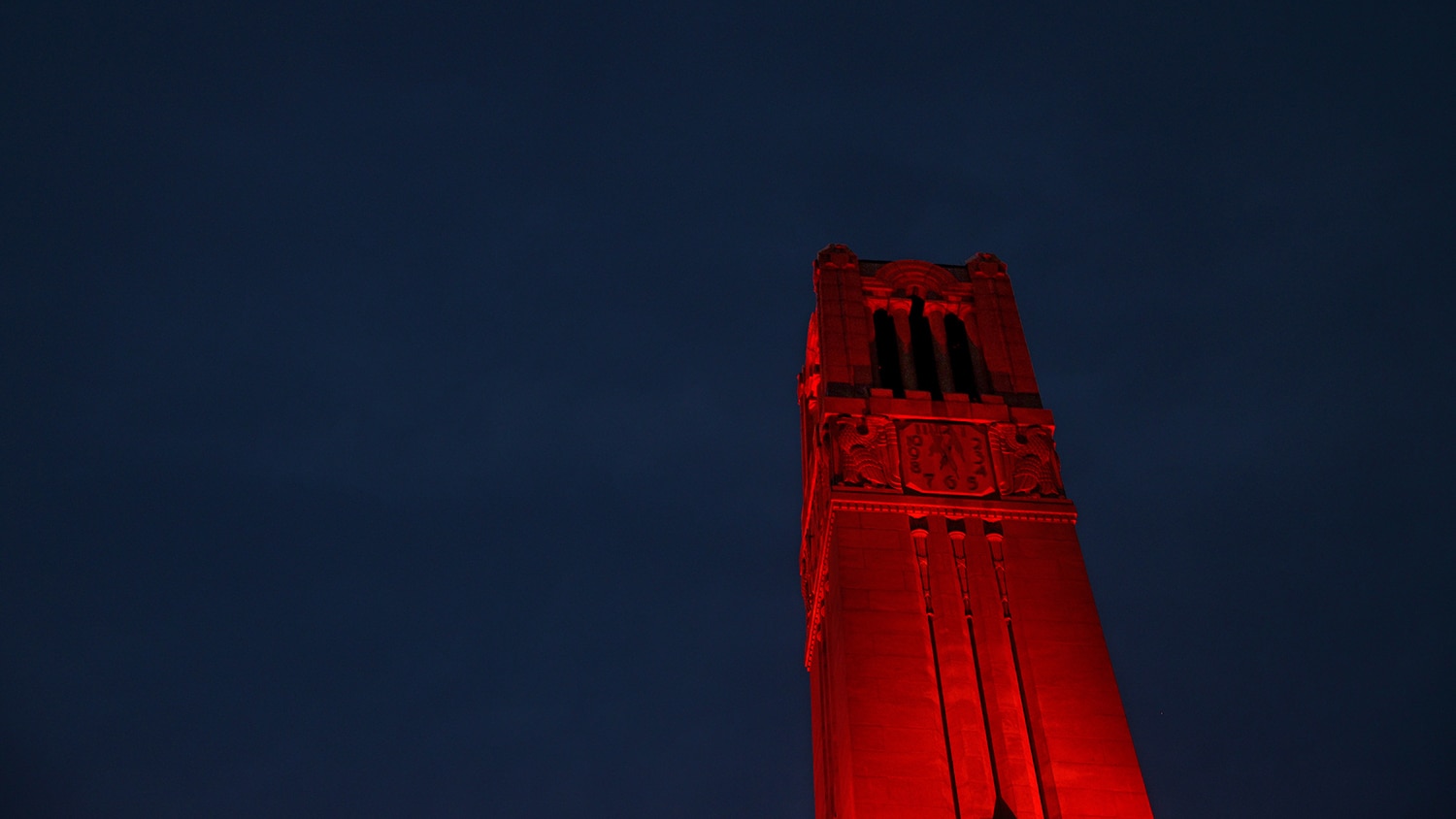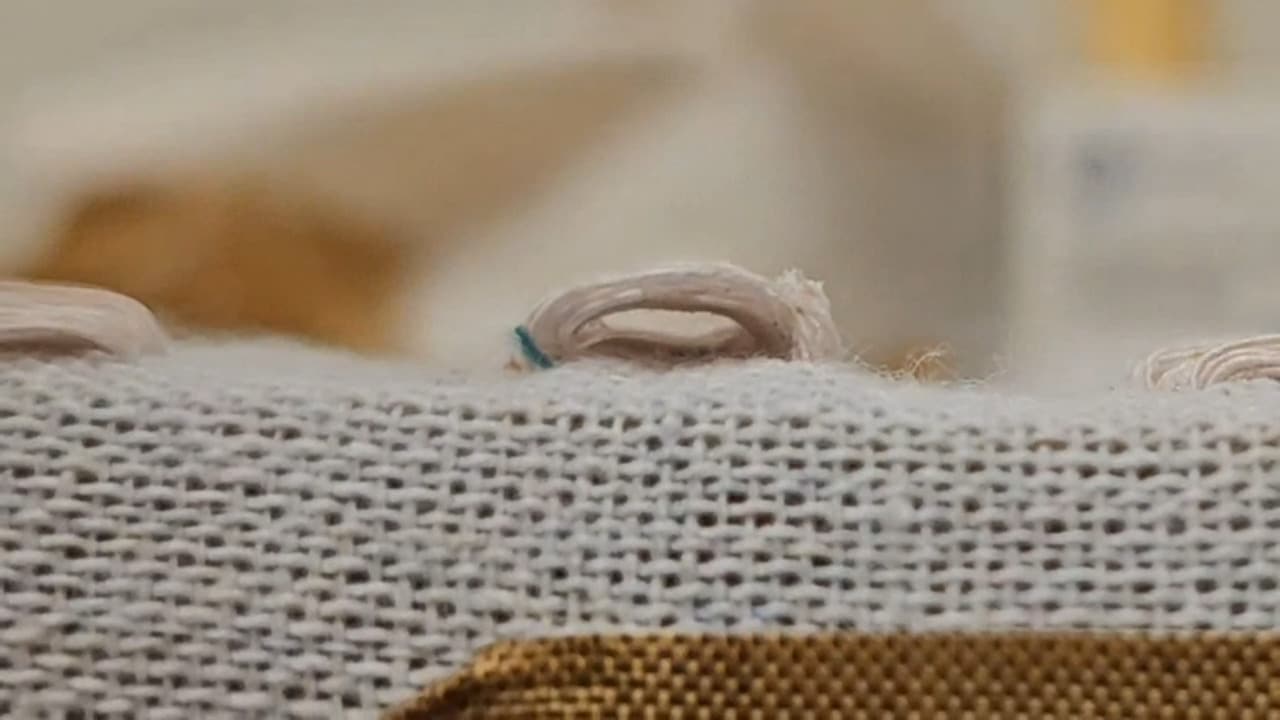Events Preceding the Helvetican Renaissance (Part V – Conclusion)

Editor’s Note: Readers of The Abstract are generally interested in research, science and technology. People that fall into that camp are often also devotees of science fiction. So, in a throw back to the serialized storytelling of the golden age of sci-fi, we decided to serialize some science fiction by one of our favorite authors – John Kessel. Kessel is a two-time Nebula award winner and a professor of English at NC State. This post is the final installment in the series. The first installment can be found here. “Events Preceding the Helvetican Renaissance” is copyright 2009 by John Kessel. Enjoy!
Nahid was badly hurt, but I knew where we were, and I managed, through that difficult night, to get us up the pilgrim’s trail to the monastery. By the time we reached the iron door we called the Mud Gate she had lost consciousness and I was carrying her. Her blood was all over us, and I could not tell if she yet breathed.
We novices had used this gate many times to sneak out of the monastery to play martial games in the darkness, explore the woods, and pretend we were ordinary men. Men who, when they desired something, had only to take it. Men who were under no vow of non-violence. Here I had earned a week’s fast by bloodying the nose, in a fit of temper, of Brother Taher. Now I returned, unrepentant over the number of men I had killed in the last days, a man who had disobeyed the voice of a god, hoping to save Nahid before she bled out.
Brother Pramha was the first to greet me. He looked at me with shock. “Who is this?’ he asked.
“This is a friend, a soldier, Nahid. Quickly. She needs care.”
Together we took her to the clinic. Pramha ran off to inform the master. Our physician Brother Nastricht sealed her throat wound, and gave her new blood. I held her hand. She did not regain consciousness.
Soon, one of the novices arrived to summon me to Master Darius’s chambers. Although I was exhausted, I hurried after him through the warren of corridors, up the tower steps. I unbelted my blaster and handed it to the novice—he seemed distressed to hold the destructive device—and entered the room.
Beyond the broad window that formed the far wall of the chamber, dawn stained the sky pink. Master Darius held out his arms. I approached him, humbly bowed my head, and he embraced me. The warmth of his large body enfolding me was an inexpressible comfort. He smelled of cinnamon. He let me go, held me at arm’s length, and smiled. The kosode he wore I recognized as one I had sewn myself. “I cannot tell you how good it is to see you, Adlan.”
“I have the plays,” I announced.
“The behavior of our Caslonian masters has been proof enough of that,” he replied. His broad, plain face was somber as he told me of the massacre in Radnapuja, where the colonial government had held six thousand citizens hostage, demanding the bodily presentation, alive, of the foul villain, the man without honor or soul, the sacrilegious terrorist who had stolen the Foundational Plays.
“Six thousand dead?”
“They won’t be the last,” the master said. “The plays have been used as a weapon, as a means of controlling us. The beliefs which they embody work within the minds and souls of every person on this planet. They work even on those who are unbelievers.”
“Nahid is an unbeliever.”
“Nahid? She is this soldier whom you brought here?”
“The Republican Guard you sent with me. She doesn’t believe, but she has played her role in bringing me here.”
Master Darius poured me a glass of fortifying spirits, and handed it to me as if he were a novice and I the master. He sat in his great chair, had me sit in the chair opposite, and bade me recount every detail of the mission. I did so.
“It is indeed miraculous that you have come back alive,” Master Darius mused. “Had you died, the plays would have been lost forever.”
“The gods would not allow such a sacrilege.”
“Perhaps. You carry the only copies in your mind?”
“Indeed. I have even quoted them to Nahid.”
“Not at any length, I hope.”
I laughed at his jest. “But now we can free Helvetica,” I said. “Before any further innocents are killed, you must contact the Caslonian colonial government and tell them we have the plays. Tell them they must stop or we will destroy them.”
Master Darius held up his hand and looked at me piercingly—I had seen this gesture many times in his tutoring of me. “First, let me ask you some questions about your tale. You tell me that, when you first came to consciousness after stealing the plays in the Imperial City, a god told you to run. Yet to run in the Caslonian capital is only to attract unwelcome attention.”
“Yes. Bishamon must have wanted to hurry my escape.”
“But when you reached the port bazaar, the god told you to stop and enter the restaurant. You run to attract attention, and dawdle long enough to allow time for you to be caught. Does this make sense?”
My fatigue made it difficult for me to think. What point was the master trying to make? “Perhaps I was not supposed to stop,” I replied. “It was my own weakness. I was hungry.”
“Then, later, you tell me that when the commandos boarded your ship, you escaped by following Nahid’s lead, not the word of the gods.”
“Liu-Bei led us out of the engine room. I think this is a matter of my misinterpreting—”
“And this metal man you encountered in the ancient city. Did he in fact say that the gods would have seen Nahid dead?”
“The statue said many mad things.”
“Yet the device he gave you was the agent of her salvation?”
“I used it for that.” Out of shame, I had not told Master Darius that I had disobeyed the command of the god who told me to flee.
“Many paradoxes.” The master took a sip from his own glass. “So, if we give the plays back, what will happen then?”
“Then Helvetica will be free.”
“And after that?”
“After that, we can do as we wish. The Caslonians would not dare to violate a holy vow. The gods would punish them. They know that. They are believers, as are we.”
“Yes, they are believers. They would obey any compact they made, for fear of the wrath of the gods. They believe what you hold contained in your mind, Adlan, is true. So, as you say, you must give them to me now, and I will see to their disposition.”
“Their disposition? How will you see to their disposition?”
“That is not something for you to worry about, my son. You have done well, and you deserve all our thanks. Brother Ishmael will see to unburdening you of the great weight you carry.”
A silence ensued. I knew it was a sign of my dismissal. I must go to Brother Ishmael. But I did not rise. “What will you do with them?”
Master Darius’s brown eyes lay steady on me, and quiet. “You have always been my favorite. I think perhaps, you know what I intend.”
I pondered our conversation. “You—you’re going to destroy them.”
“Perhaps I was wrong not to have you destroy them the minute you gained access to the archives. But at that time I had not come to these conclusions.”
“But the wrath of the Caslonians will know no limit! We will be exterminated!”
“We may be exterminated, and Helvetica remain in chains, but once these plays are destroyed, never to be recovered, then humanity will begin to be truly free. This metal man, you say, told you the gods left the better part of themselves behind. That is profoundly true. Yet there is no moment when they cease to gaze over our shoulders. Indeed, if we are ever to be free human beings, and not puppets jerked about by unseen forces—which may, or may not, exist—the gods must go. And the beginning of that process is the destruction of the foundational plays.”
I did not know how to react. In my naiveté I said, “This does not seem right.”
“I assure you, my son, that it is.”
“If we destroy the plays, it will be the last thing we ever do.”
“Of course not. Time will not stop.”
“Time may not stop,” I said, “but it might as well. Any things that happen after the loss of the gods will have no meaning.”
Master Darius rose from his chair and moved toward his desk. “You are tired, and very young,” he said, his back to me. “I have lived in the shadow of the gods far longer than you have.” He reached over his desk, opened a drawer, took something out, and straightened.
He is lying. It seemed to me to be the voice of Inti himself. I stood. I felt surpassing weariness, but I moved silently. In my boot I still carried the force knife I had stolen from the restaurant on Caslon. I drew out the hilt, switched on the blade, and approached the master just as he began to turn.
When he faced me, he had a blaster in his hands. He was surprised to find me so close to him. His eyes went wide as I slipped the blade into his belly below his lowest rib.
#
Stochik: Here ends our story./ Let no more be said of our fall./ Mark the planting of this seed./ The tree that grows in this place/ Will bear witness to our deeds;/ No other witness shall we have.
Selene: I would not depart with any other/ My love. Keep alive whatever word/ May permit us to move forward./ Leaving all else behind we must/ Allow the world to come to us.
The Caslonian government capitulated within a week after we contacted them. Once they began to withdraw their forces from the planet and a provisional government for the Helvetican Republic was re-established in Astara, I underwent the delicate process of downloading the foundational dramas from my mind. The Abandonment was once again embodied in a crystal, which was presented to the Caslonian legate in a formal ceremony on the anniversary of the rebirth of man.
The ceremony took place on a bright day in mid summer in that city of a thousand spires. Sunlight flooded the streets, where citizens in vibrant colored robes danced and sang to the music of bagpipes. Pennants in purple and green flew from those spires; children hung out of second-story school windows, shaking snowstorms of confetti on the parades. The smell of incense wafted down from the great temple, and across the sky flyers drew intricate patterns with lines of colored smoke.
Nahid and I were there on that day, though I did not take a leading role in the ceremony, preferring to withdraw to my proper station. In truth, I am not a significant individual. I have only served the gods.
I left the order as soon as the negotiations were completed. At first the brothers were appalled by my murder of Master Darius. I explained to them that he had gone mad and intended to kill me in order to destroy the plays. There was considerable doubt. But when I insisted that we follow through with the plan as the Master had presented it to the brothers before sending me on my mission, they seemed to take my word about his actions. The success of our thieving enterprise overshadowed the loss of the great leader, and indeed has contributed to his legend, making of him a tragic figure. A drama has been written of his life and death, and the liberation of Helvetica.
Last night, Nahid and I, with our children and grandchildren, watched it performed in the square of the town where we set up the tailor’s shop that has been the center of our lives for the last forty years. Seeing the events of my youth played out on the platform, in their comedy and tragedy, hazard and fortune, calls again to my mind the question of whether I have deserved the blessings that have fallen to me ever since that day. I have not heard the voices of the gods since I slipped the knife into the belly of the man who taught me all that I knew of grace.
The rapid decline of the Caslonian Empire, and the Helvetican renaissance that has led to our current prosperity, all date from that moment in his chambers when I ended his plan to free men from belief and duty. The people, joyous on their knees in the temples of twelve planets, give praise to the gods for their deliverance, listen, hear, and obey.
Soon I will rest beneath the earth, like the metal man who traduced the gods, though less likely than he ever to walk again. If I have done wrong, it is not for me to judge. I rest, my lover’s hand in mine, in the expectation of no final word.
The End
- Categories:


